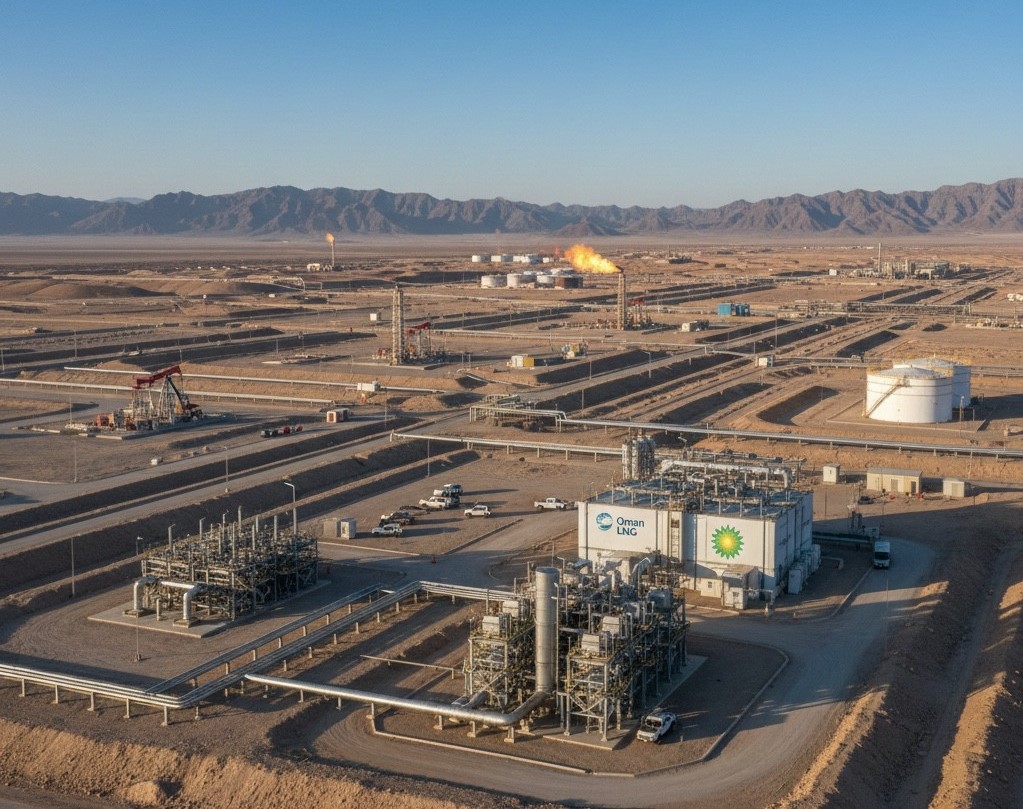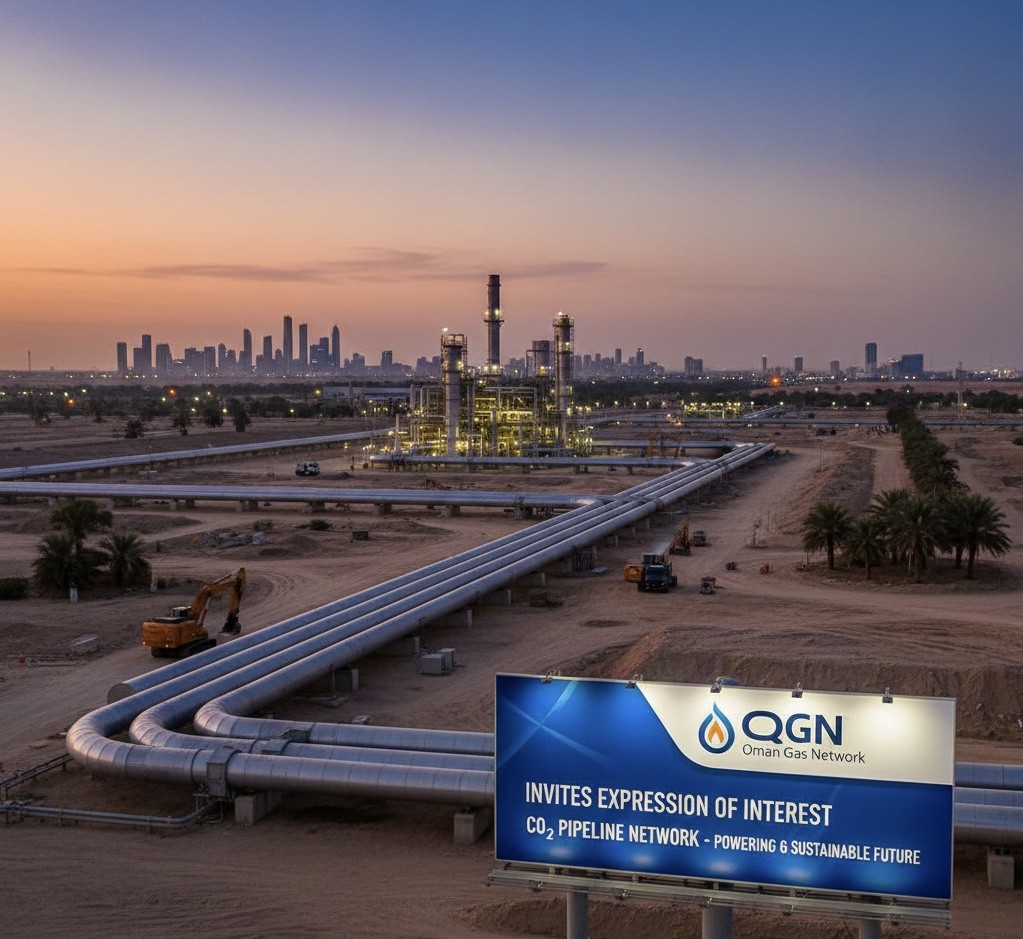The Nigeria-Morocco gas pipeline, one of Africa’s largest energy projects, is approaching a pivotal milestone, with officials projecting a final investment decision (FID) by late 2024. Spanning approximately 7,000 kilometers, this ambitious pipeline project seeks to deliver Nigerian natural gas across West Africa and ultimately to Europe, marking a new era for regional energy security and economic collaboration.
Since its inception in 2016, the Nigeria-Morocco pipeline has promised to transform the energy landscape of 13 West African countries. The project is designed to connect Nigerian natural gas resources to Morocco and beyond, through a series of critical interconnections with the Maghreb-Europe pipeline, which currently facilitates gas flow from Algeria to Spain. Once completed, the pipeline could transport up to 30 billion cubic meters (Bcm) of gas annually, addressing local energy demands in West Africa and supporting Europe’s need for alternative energy sources amid ongoing supply chain shifts.
Key Partnerships and Recent Developments
As the project advances, the Moroccan government has garnered robust support from international partners, notably the United Arab Emirates (UAE). In December 2023, Morocco and the UAE signed an agreement to co-invest in the pipeline during a state visit by Morocco’s King Mohammed VI to Abu Dhabi. This partnership, involving UAE’s sovereign wealth fund, is expected to significantly bolster the project’s financing. The UAE’s role in the venture aligns with its global strategy of investing in large-scale infrastructure projects and highlights its commitment to Africa’s economic growth.
Beyond international partnerships, Nigeria and Morocco have also received regional backing through the Economic Community of West African States (ECOWAS), with member countries supporting the pipeline as a means to foster economic and energy security. Nigerian National Petroleum Corporation (NNPC) CEO Mele Kyari confirmed in recent statements that the pipeline is close to a final investment decision, an essential step that will establish the terms and financial structure of the project.
Strategic Importance for West Africa and Europe
The Nigeria-Morocco pipeline is expected to facilitate economic integration and energy access across the region. For countries like Senegal, Côte d’Ivoire, and Mauritania—some of which have recently discovered gas reserves—the pipeline represents a strategic outlet to export resources to Europe, strengthening local economies and fostering new industries. Analysts project that the pipeline’s direct and indirect benefits will stimulate job creation and lower energy costs across the West African nations involved.
Europe, seeking to diversify energy sources, has shown growing interest in the pipeline. The project aligns with Europe’s goals to reduce dependence on Russian gas and to enhance renewable and lower-carbon energy supplies. By connecting directly to North Africa and the Maghreb-Europe pipeline, the Nigeria-Morocco route provides a potentially stable energy pathway to Europe and may serve as a critical component in its energy diversification strategy.
Environmental and Social Considerations
The project, while promising, faces environmental and social challenges, especially regarding its impact on local communities. Morocco and Nigeria have committed to comprehensive environmental assessments to mitigate potential disruptions to local ecosystems. Socially, the pipeline could address electricity shortages in remote areas, potentially lifting millions out of energy poverty while supporting small and medium-sized businesses that rely on stable energy.
The project’s backers emphasize the importance of transparent engagement with local communities along the pipeline route, promising job opportunities and infrastructure improvements that could enhance quality of life in participating countries. Nevertheless, these efforts will need to be closely monitored to ensure that environmental and social commitments are met.
Funding and Technical Hurdles
The pipeline’s estimated $25 billion cost has required complex financing strategies, including a blend of international loans, concessional funding, and public-private partnerships. The recent UAE-Morocco investment deal has eased some funding concerns, though significant challenges remain, particularly regarding the pipeline’s complex routing through multiple jurisdictions. Technical expertise from experienced partners like the UAE is expected to play a vital role in navigating these challenges, especially in areas with challenging terrain and sensitive ecological zones.
Feasibility studies conducted over the past several years have laid the groundwork for construction, with stakeholders optimistic about breaking ground in 2025. Upon completion, the pipeline could serve as a blueprint for future transnational infrastructure projects in Africa, symbolizing the continent’s capacity for large-scale collaboration and economic resilience.
Regional Cooperation and Political Implications
Politically, the Nigeria-Morocco pipeline strengthens Morocco’s position as a regional energy hub and reinforces its role in bridging African and European energy markets. King Mohammed VI has highlighted the pipeline as a cornerstone of Morocco’s South-South cooperation strategy, enhancing the kingdom’s influence across Africa and bolstering its diplomatic ties with Nigeria and ECOWAS.
The project has also helped elevate Nigeria’s role as an energy leader in Africa, opening up new trade channels and demonstrating the potential of regional energy collaboration. Experts argue that if successful, the pipeline could serve as a model for future energy projects that span multiple countries, promoting economic cooperation and reducing reliance on external energy sources.
Looking Ahead
With a final investment decision on the horizon, the Nigeria-Morocco gas pipeline project stands on the cusp of making history. If the FID proceeds as planned, construction could begin as early as next year, with full operations anticipated within five to seven years. The pipeline has already garnered widespread attention for its potential impact on energy access, economic growth, and regional stability in West Africa and North Africa. As such, it is expected to transform the energy dynamics of the region and pave the way for Africa to become a significant player in global energy markets.
For the many stakeholders involved, from government officials to international investors, the Nigeria-Morocco pipeline represents not only a groundbreaking infrastructure project but also a testament to Africa’s capacity for innovation, resilience, and cooperation on the global stage.





